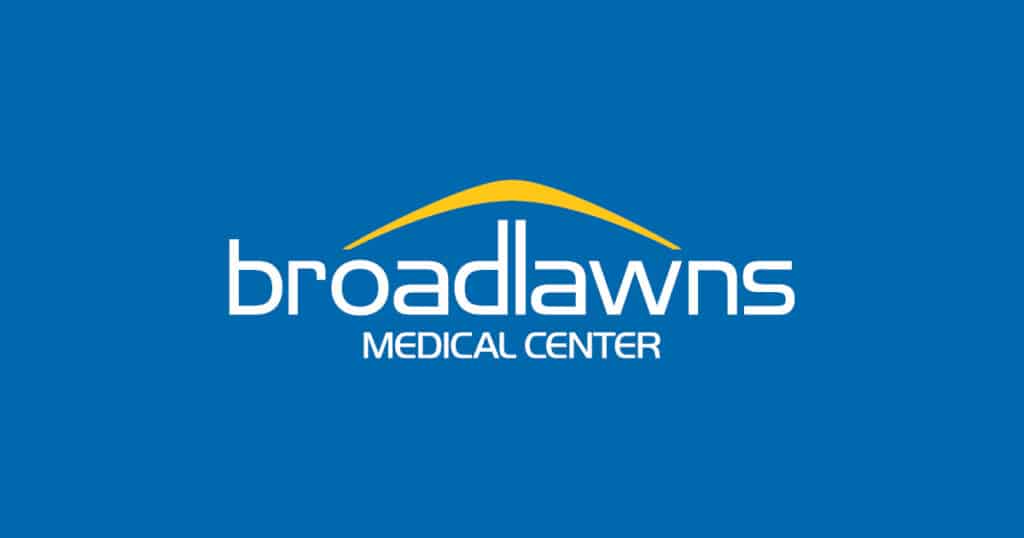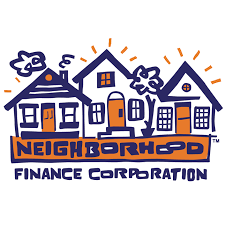Greater Des Moines communities taking steps to overcome affordable housing shortage

KENT DARR Jun 15, 2018 | 4:21 pm
2 min read time
550 wordsAll Latest News, Real Estate and Development
Say it ain’t so, Des Moines. Well, yes it is, said Eric Burmeister, executive director of the Polk County Housing Trust Fund.
In Polk County, where an effort to raise the minimum wage from the statewide $7.25 an hour was shot down in the Iowa General Assembly, an annual wage of $35,000, or $16.83 an hour, is needed to afford a two-bedroom apartment, according to numbers compiled by the Polk County Housing Trust Fund. The simple math on the minimum wage generates an annual pay of $15,080.
The Republican-controlled state Legislature nixed the notion that any community or jurisdiction could raise the minimum wage above the state level, thank you very much. That act alone leaves housing advocates in a bit of a quandary.
Also consider that developers don’t have much incentive right now to create affordable housing. A few are, making use of federal programs administered by the Iowa Finance Authority. Blackbird Investments has just brought 142 affordable units to the market as the result of its renovation of former military barracks at historic Fort Des Moines. Other developers are providing a handful of units at new mixed-rate developments in town.
Still, the numbers are not going to meet demand. Burmeister said the area falls 7,000 units shy of meeting that demand today, never mind accommodations for new workers coming to the market.
“Things are going the wrong direction from an affordable housing standpoint,” Burmeister said.
Market forces and what appears to be increased focus on the issue could lead to changes.
With apartment vacancies running 6.7 percent in Greater Des Moines and near 10 percent in downtown Des Moines, Burmeister said the glut of apartments is slowing rent escalation. If rents drop a tad, a few more people can afford to pay them.
More important is that affordable housing is an issue that is turning heads among city leaders across the metro. Capital Crossroads is triggering a major initiative that will focus first on the workforce housing needs of downtown Des Moines. That initiative is getting a buy-in from Ankeny, Clive, Norwalk, Urbandale and West Des Moines, as well as Des Moines. Indianola and Van Meter sent staff to an introductory training session for the study, which is being led by the Virginia Center for Housing Research at Virginia Tech, just to learn.
Nikki Syverson, executive director of Capital Crossroads, said that when she attempted to fill five open spots for participation in the study, she received inquiries from more communities than could be accommodated.
Polk County Housing Trust Fund and the Des Moines Area Metropolitan Planning Organization also are participating.
“What is encouraging to me is that for folks to find this particular exercise that we’re going to go through and teach other folks to do, to find it valuable you have to accept the responsibility of a community to provide housing,” Burmeister said.
With the federal government playing a smaller role in funding affordable housing, the responsibility for providing the housing will fall to local authorities.
“You have to say this is something we need. A lot of communities are there,” Burmeister said.










